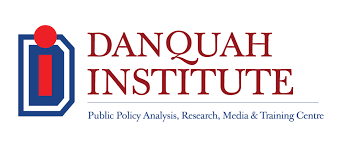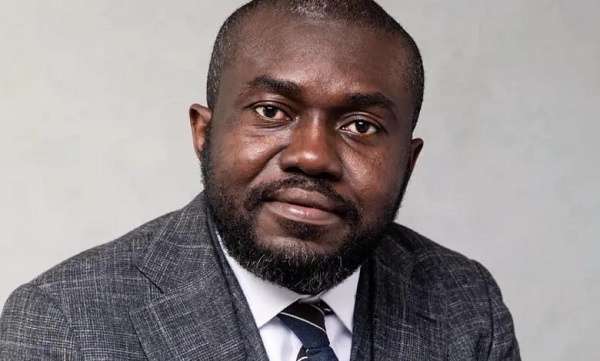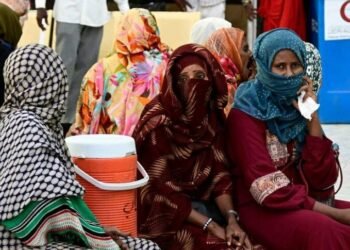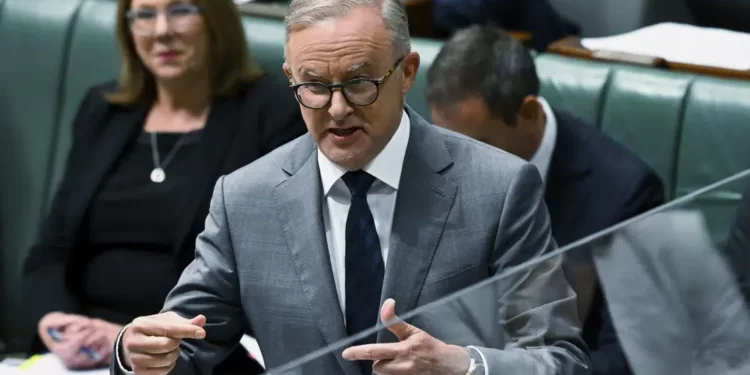Political activist and lawyer, Oliver Mawuse Barker-Vormawor, has voiced strong concerns about the current state of think tanks in Ghana.
According to him, the public space has become crowded with organizations parading as think tanks, yet many exist only to defend political parties when convenient.
He acknowledged that while some operate on a non-partisan basis and deserve appreciation, the overwhelming majority function as partisan mouthpieces rather than genuine intellectual hubs.
“That [partisan think tanks], in itself, doesn’t offend me. Let every side organise. But at least be useful. What we have instead is a scattered graveyard of letterheaded organisations, waiting to be dusted off when convenient, only to retreat into slumber when the news cycle moves on.
“One of the most successful partisan think tanks in recent memory was the Danquah Institute. For all its ideological blind spots, the DI offered a robust, right-leaning intellectual commentary. It was forceful. It provoked disagreement. But it made us think. That is the point of a think tank.”
Oliver Mawuse Barker-Vormawor
In his view, politics eventually overwhelmed the institute, reducing it to a casualty of partisan power struggles.

Barker-Vormawor lamented that the decline of the DI coincided with a shift in Ghana’s political arena.
With the opposition party divided, Parliament became the new battleground. In this environment, figures such as Minority Leader Afenyo-Markin took center stage, but the focus shifted from rigorous analysis to mere performance.
He described the new culture as one where “noise became more valuable than rigour” and propaganda gradually displaced genuine policy debate.
Weak Policy Voices On The Left
Turning to the center-left, Oliver Barker-Vormawor argued that the situation is even worse. Initiatives such as the Development Challenge appeared briefly before vanishing without leaving a meaningful imprint on Ghana’s intellectual landscape.
In contrast, organizations like IMANI have endured, and while he expressed gratitude for their presence, he observed that IMANI often leans heavily on neoliberal frameworks, embracing what he called “IMF orthodoxy in libertarian drag.”
He also highlighted the Third World Network (TWN), founded by Yao Graham, as a body with immense potential.
For Barker-Vormawor, TWN stood out as a unique platform that could rival international institutions such as Brookings or Chatham House. Its emphasis on pan-African sovereignty and independent development made it distinctive.
However, he noted that in a country where funding tends to flow toward Western-backed policy orthodoxies, TWN’s radical positions—such as calls for nationalizing mines or promoting trade sovereignty—often struggle to gain traction.

“After all, who funds radical calls for nationalising mines? Who bankrolls agitation for trade sovereignty and environmental self-determination? Certainly not the international aid industry that sees privatisation as gospel.”
Oliver Mawuse Barker-Vormawor
This funding imbalance, Barker-Vormawor explained, has created a dangerous intellectual vacuum on the left. Ghana currently lacks a consistently engaged, ideologically grounded, progressive policy think tank that does more than merely react to developments.
What is needed, he stressed, is an institution capable of producing alternative visions of economics and politics, one that not only criticizes international financial institutions but also sketches viable alternatives for Ghana’s future.
A Call For Genuine Think Tanks, Intellectual Engines
Barker-Vormawor underscored the urgency of building new structures that will provide robust ideological grounding for political parties and the wider society.
Without such intellectual engines, he warned, Ghana’s political class will remain reliant on prophecies and superficial alliances instead of crafting long-term visions for national development.
He expressed his hope that each political party would invest in establishing credible, full-time think tanks. These institutions, he explained, should not serve as campaign-season public relations outfits, but as serious platforms for policy development.

Their role should include testing policy assumptions, generating innovative ideas, and offering ideological depth that can strengthen Ghana’s democracy.
“We must fix that. There are brilliant young thinkers across this country. In our universities. In civil society. Even in the parties. What we lack is structure. Vision. And a little funding.”
Oliver Mawuse Barker-Vormawor
Barker-Vormawor concluded with a personal commitment to help build such a movement. His goal is not to create yet another NGO or vanity project, but rather a “real intellectual arsenal” that can equip Ghana with the progressive ideas it desperately needs.
For him, the question of funding remains a challenge, as traditional donors often shy away from supporting radical, left-leaning policy initiatives. “Where the cash go come from? Foreign grant proposals?”
Nonetheless, he insisted that without such investment, Ghana’s democracy risks being weakened by shallow debates and hollow slogans instead of bold and transformative thinking.
READ ALSO: Cocoa Processing Company Shocks Market with 50% Surge on GSE

















